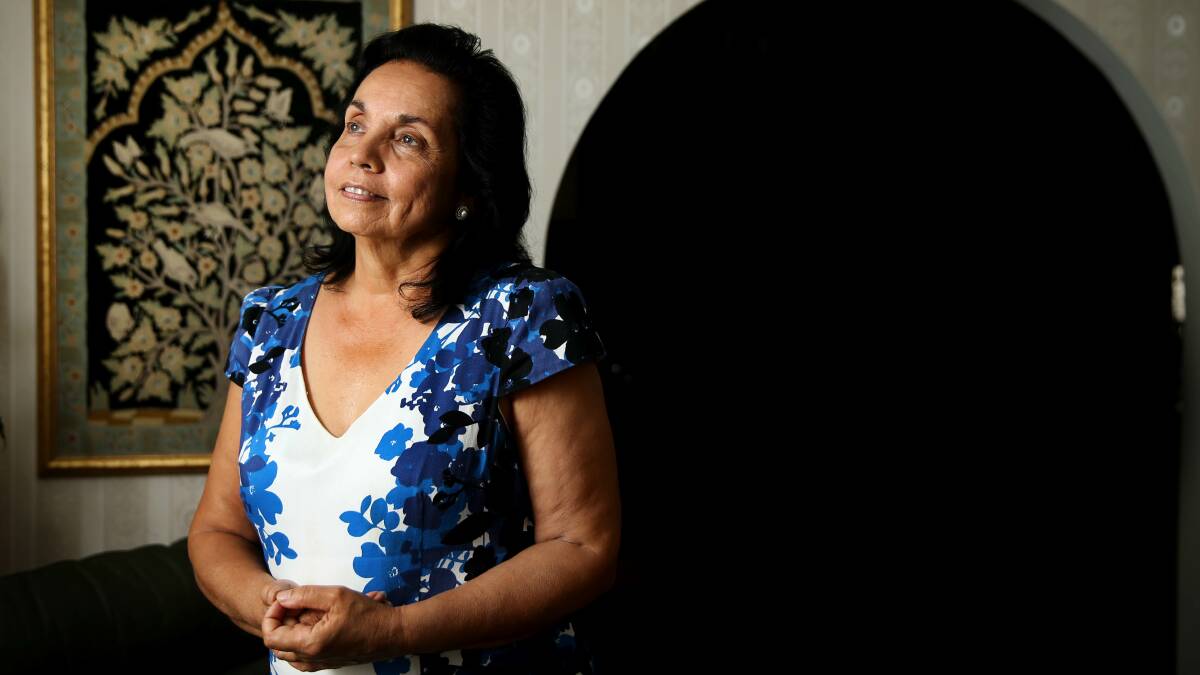
The toss of a coin could have made a big difference in how the Hunter – and eventually the rest of NSW – dealt with the AIDS crisis that shook the world through the 1980s and 90s.
Subscribe now for unlimited access.
or signup to continue reading
Sandra Berenger was 24 in 1970 when she and her husband decided to leave England with their young son and start a new life in either Australia or Canada.
The Churchill coin landed heads-up, so Australia it was.
Almost 50 years later, Ms Berenger has been recognised for her long and accomplished career in healthcare, pioneering infectious disease control. Today, she’s been made a Member of the Order of Australia (AM).
Ms Berenger, who grew up in the Sri Lankan tea region of Ceylon and trained as a nurse in London, found her way to the Royal Newcastle Hospital in 1971.
She worked there for 25 years, leading the way in developing infection control strategies and practices for patients and staff that many of us take for granted today.
When Royal Newcastle was made the only NSW hospital outside Sydney that could test for and treat people with AIDS in the early 80s, Ms Berenger wrote the strategy for dealing with the mysterious new disease at the hospital.
“We didn’t even know what we were dealing with,” she said.
“We didn’t have a cure, we had nothing – we only had education. We were learning on the run, literally, and we were dealing with people’s lives but also with the social stigma.”
Ms Berenger and the team set up an area in the hospital to test for AIDS and treat patients.
They visited schools, bars and anywhere they thought education could make an impact.
In 1990, the NSW Government enlisted Ms Berenger and two representatives from Sydney hospitals to come up with a strategy for dealing with the new illness, which had caused immense fear and isolation in communities. It was a cornerstone in how the illness was managed across the state.
As well as her work at the coalface of healthcare, Ms Berenger spent time as a consultant for the World Health Organisation, a Hunter Area Health Service board member and president of the Australasian College of Infection Prevention and Control.
Her fingerprints are on the infectious disease control strategy for John Hunter Hospital, where she worked there until last November. She has decided to look for her next challenge.
Ms Berenger said the field of infection prevention had always been “a hobby”.
“Why shouldn’t you want to prevent someone from getting sepsis and dying of a disease process that could be eliminated?” she responded when asked why the field appealed to her.
Ms Berenger told the Herald she was “totally gobsmacked and very, very humbled” to have been awarded an AM.
“It’s amazing that someone could consider to nominate me for my contribution, because there were a lot of people who actually worked with us as a team,” she said.


